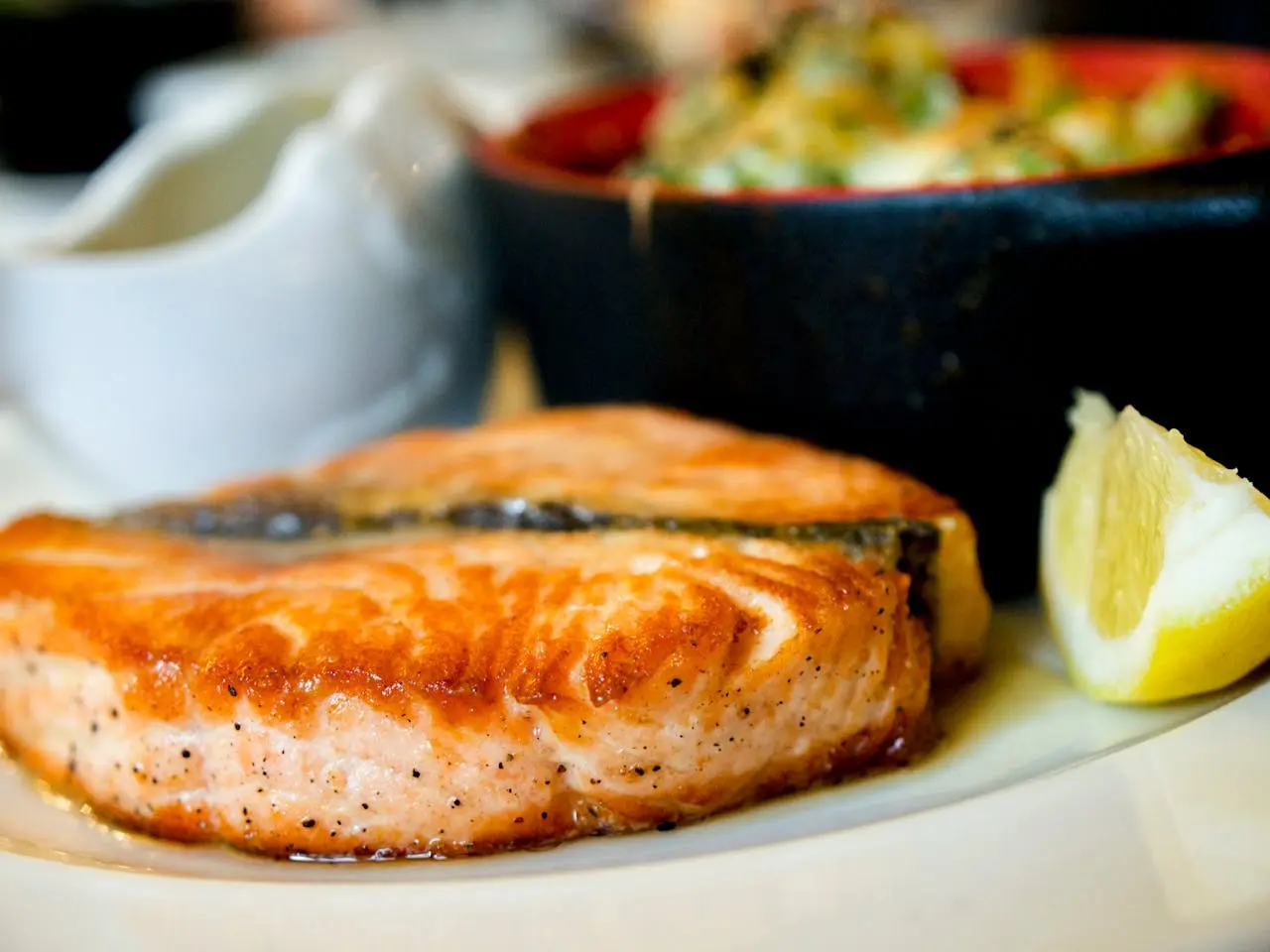| This article is taken from Arnold Schwarzenegger’s Daily “Pump Club” email, 2024-Jan-02. I thought it was important enough that I should archive a copy here. |
Have you heard that your body can only digest 20 grams of protein? The claim — which has long been challenged — is getting harder to defend.
A new study found that your muscles can use a seemingly “limitless” amount of protein after a workout. Researchers challenge the 20-gram rule by having people complete a workout and then give them no protein, 25 grams of protein, or 100 grams of protein.
Eating 100 grams of protein increases protein synthesis (the ability to use protein) more than eating 25 grams. Just as important, protein synthesis was still elevated more than 12 hours after consuming the 100 grams of protein.
This study is another example — and the strongest yet — about your body’s ability to digest and use higher amounts of protein, especially after a resistance training workout. And it suggests that how many meals you eat likely doesn’t matter too much.
Instead, eating enough protein matters most for achieving your goals. But you don’t necessarily need to split it up evenly across many meals. It’s your choice to have bigger or smaller meals.
However, we don’t yet know what this means for long-term muscle growth or how your body will respond to different types of protein. The protein used in the study was milk protein, which is a slower-digesting protein.
But, if you want to eat more protein — especially after a workout — you can feel confident that your body will put that protein to good use. And if you’re worried, remember: research suggests that high-protein diets do not cause kidney problems.

